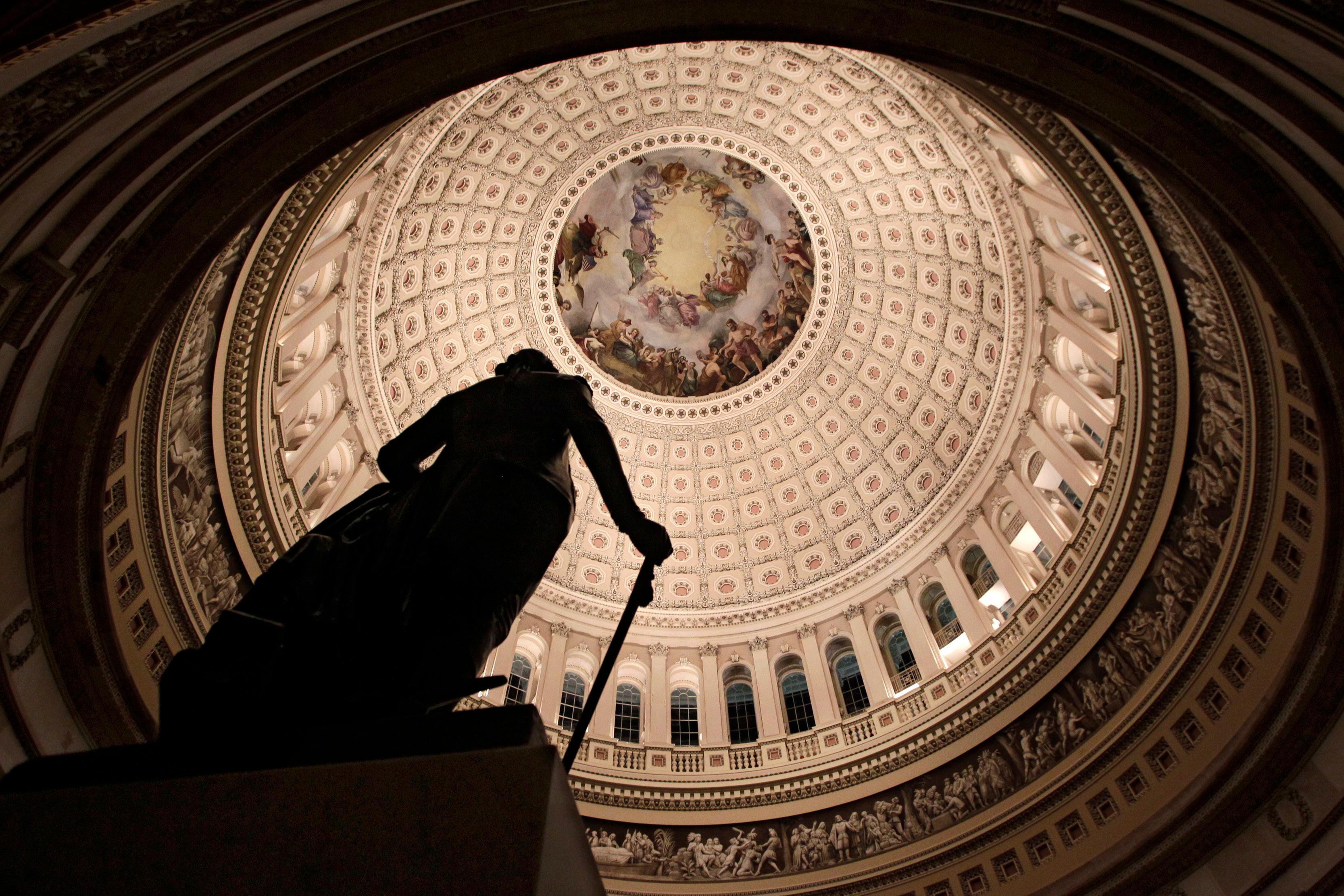
The U.S. House passed a $733 billion defense spending bill 220-197 without one single Republican vote. The bill is $17 billion dollars less than a Senate version of the bill that passed last month.
Republican Rep. Doug Lamborn voted against the National Defense Authorization Act (NDAA) because of that difference in the bottom line. Lamborn stood with Republican leadership and other members of the Armed Services Committee denouncing the bill as partisan before the vote.
Lamborn is concerned that the current bill does not make up for defense cuts under previous administrations. “I’m concerned that we’re not properly funding our men and women in uniform,” he said.
Democrat Rep. Jason Crow, a veteran, disagrees. He believes that the lower number makes sense.
“It will make us competitive. It’s a pay raise for our troops. It gives them better training and gives them better equipment and it prepares us to deal with the threats of Russia and China. But it's also a sensible number,” Crow said.
Another Republican, Rep. Ken Buck, voted against the bill because, in his opinion, the number was not low enough. He said the bill “misses the mark in a lot of different areas.” He also believes the government has “got to reduce our spending.”
The bill includes a 3.1 percent pay raise for the military, improvements to military housing and a requirement that large military installations plan for climate change.
It also included a number of amendments, many incorporated by Crow. One ensures the president cannot launch an attack against Iran without Congressional approval, and another that prevents Department of Defense funding from being used to “engage in immoral border enforcement policies.”
“Our troops and our defense money should not be spent to forcible separate children from their parents,” he said.
Democrat Rep. Ed Perlmutter was able to include an amendment on behalf of the former Rocky Flats workers.
“These workers risked their lives to protect our nation and helped end the Cold War,” Perlmutter said. “We owe these patriots the compensation and care they need and deserve as they deal with the health consequences and other side effects related to their service to our country.”
Republican Rep. Scott Tipton was “honored” to see his amendment ensuring the continuation of the only high-altitude rotary-wing training site in Gypsum pass with overwhelming bipartisan support.
“Unfortunately, a deep political divide in the House has brought forth a version of NDAA which has no path forward in the Senate,” Tipton said. “But it is my hope, a less politically-motivated version comes from the Conference that I can support and continue to advocate on behalf of this invaluable training site."
It’s the idea that a better bill can come out of the conference committee process that led to Democrat Rep. Diana DeGette’s support for the bill.
“And as always I’m going to have to look at the final bill as it comes back from conference,” she said.
Before it was even passed, President Donald Trump threatened to veto the House version of the bill. The Senate’s version of the bill passed with strong bipartisan support 86-8, but did not include many of the other amendments that made it into the House bill.









